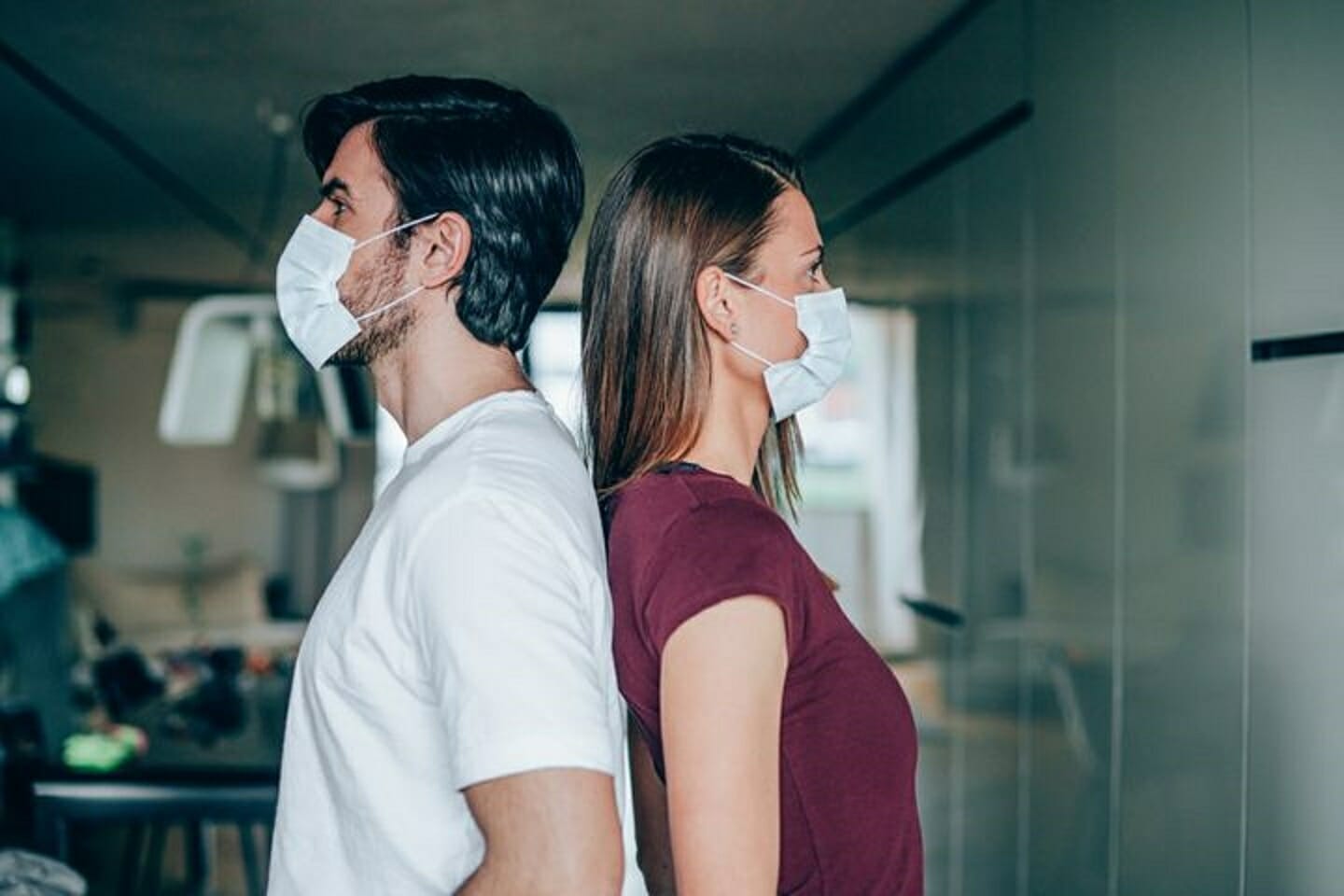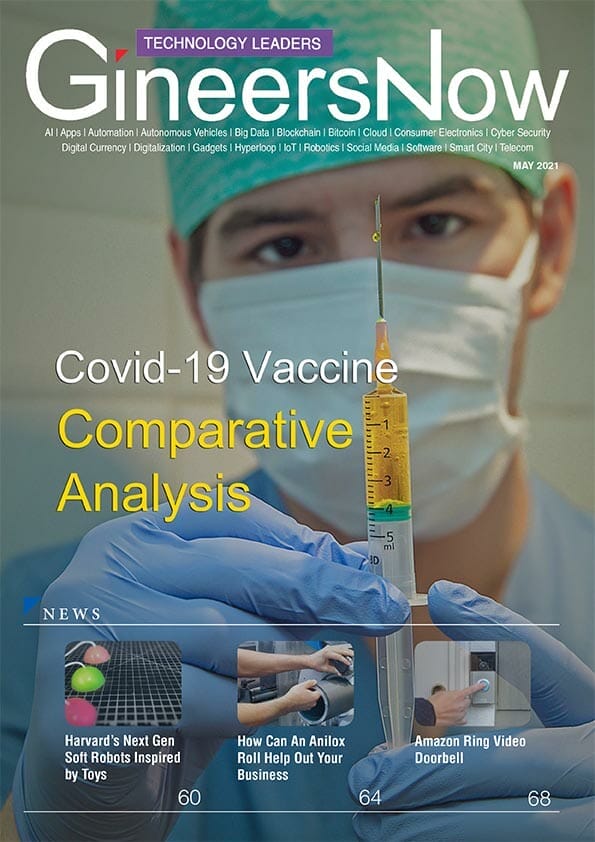Hospital Services
Prevention and treatment services for noncommunicable diseases (NCDs) have been severely disrupted since the COVID-19 pandemic began, according to a WHO survey released today. The survey, which was completed by 155 countries during a 3-week period in May, confirmed that the impact is global, but that low-income countries are most affected.
This situation is of significant concern because people living with NCDs are at higher risk of severe COVID-19-related illness and death.
“The results of this survey confirm what we have been hearing from countries for a number of weeks now,” said Dr Tedros Adhanom Ghebreyesus, Director-General of the World Health Organization. “Many people who need treatment for diseases like cancer, cardiovascular disease and diabetes have not been receiving the hospital services and medicines they need since the COVID-19 pandemic began. It’s vital that countries find innovative ways to ensure that essential services for NCDs continue, even as they fight COVID-19.”
Service disruptions are widespread
The main finding is that hospital services have been partially or completely disrupted in many countries. More than half (53%) of the countries surveyed have partially or completely disrupted services for hypertension treatment; 49% for treatment for diabetes and diabetes-related complications; 42% for cancer treatment, and 31% for cardiovascular emergencies.
Rehabilitation services have been disrupted in almost two-thirds (63%) of countries, even though rehabilitation is key to a healthy recovery following severe illness from COVID-19.
Reassignment of staff and postponing of screening
In the majority (94%) of countries responding, ministry of health and hospital services staff working in the area of NCDs were partially or fully reassigned to support COVID-19.
The postponement of public screening programmes (for example for breast and cervical cancer) was also widespread, reported by more than 50% of countries. This was consistent with initial WHO recommendations to minimize non-urgent facility-based care whilst tackling the pandemic.
But the most common reasons for discontinuing or reducing services were cancellations of planned treatments, a decrease in public transport available and a lack of staff because hospital services and health workers had been reassigned to support COVID19 services. In one in five countries (20%) reporting disruptions, one of the main reasons for discontinuing services was a shortage of medicines, diagnostics and other technologies.
Unsurprisingly, there appears to be a correlation between levels of disruption to services for treating NCDs and the evolution of the COVID-19 outbreak in a country. Services become increasingly disrupted as a country moves from sporadic cases to community transmission of the coronavirus.
Globally, two-thirds of countries reported that they had included NCD services in their national COVID-19 preparedness and response plans; 72% of high-income countries reported inclusion compared to 42% of low-income countries. Services to address cardiovascular disease, cancer, diabetes and chronic respiratory disease were the most frequently included. Dental services, rehabilitation and tobacco cessation activities were not as widely included in response plans according to country reports.
Seventeen percent of countries reporting have started to allocate additional funding from the government budget to include the provision of NCD services in their national COVID-19 plan.

Alternative strategies for continuing care being implemented
Encouraging findings of the survey were that alternative strategies have been established in most countries to support the people at highest risk to continue receiving treatment for NCDs. Among the countries reporting service disruptions, globally 58% of countries are now using telemedicine (advice by telephone or online means) to replace in-person consultations; in low-income countries this figure is 42%. Triaging to determine priorities has also been widely used, in two-thirds of countries reporting.
Also encouraging is that more than 70% of countries reported collecting data on the number of COVID-19 patients who also have an NCD.
”It will be some time before we know the full extent of the impact of disruptions to health care and hospital services during COVID-19 on people with noncommunicable diseases,” said Dr Bente Mikkelsen, Director of the Department of Noncommunicable Diseases at WHO. “What we know now, however, is that not only are people with NCDs more vulnerable to becoming seriously ill with the virus, but many are unable to access the treatment they need to manage their illnesses. It is very important not only that care for people living with NCDs is included in national response and preparedness plans for COVID-19 -̶ but that innovative ways are found to implement those plans . We must be ready to “build back better” ̶ strengthening hospital services so that they are better equipped to prevent, diagnose and provide care for NCDs in the future, in any circumstances.”
Other COVID-19 Updates
COVID-19: SOCIAL IMPACT
Racial Equality – An Engineer’s Perspective
GineersNow Distributes PPE to Medical Workers
Israeli Cured COVID-19 Patients Using Placenta
COVID-19: HARVARD BUSINESS SCHOOL
Harvard Talks: Work From Home During Pandemic
Harvard Talks: Engineering Company’s COVID-19 Battle Strategies
Harvard Talks: HVAC Healthy Buildings During COVID-19
Harvard Talks: How Engineering Companies Enact Remote Work?
MIT & Harvard Strategy to Limit the Spread of COVID-19
Harvard Talks: Engineering Sector’s Organizational Development
Harvard Talks: Engineering Leaders Will Engage in Teaming
Harvard Covid-19 Strategy on How to Reopen a Country
Harvard Talks: Forward-Thinking Engineering Leaders
Harvard Talks: Engineering Operation Impact of COVID-19
Harvard Talks: 7 Leadership Principles in the Time of COVID-19
Harvard Talks: Engineering Work Culture After COVID-19 Pandemic
Harvard Talks: 7 Leadership Principles in the Time of COVID-19
Harvard Talks: Cut Salaries or Cut People?
Harvard Talks: The Supply Chain in Post COVID-19 Era
COVID-19: WORLD HEALTH ORGANIZATION
WHO Preparedness and Response to COVID-19
WHO Q&A: COVID-19 and Influenza Comparison
COVID-19: CONSTRUCTION
How Has COVID-19 Impacted The Construction Sector?
Construction Force Majeure During COVID-19
Converting Existing Building to COVID-19 Hospital – WHO Guidelines
WHO COVID-19 Buildings & Tents Screening Layout Standards
COVID-19: HVAC
COVID-19 Hotel is a Huge HVAC Nightmare
Ventilation Standards for Buildings Converted to COVID-19 Hospitals
Air Filtration for COVID-19 Treatment Centers
ASHRAE on COVID-19 HVAC Concerns
COVID-19 WATER & WASTEWATER
Marine Biologist Shares Tips During COVID-19 Quarantine
The Water Europe Post-COVID-19 Strategy
COVID-19: ENERGY
Petroleum Price Will Never Be The Same After Covid-19
Oil Price Crashes Below $0 per Barrel
Coronavirus will accelerate the growth of renewable energy solutions
COVID-19: ECONOMIC IMPACT
COVID-19 Economic Impact Analysis
COVID-19 Economic Aftermath on the Construction Industry
Postponed Exhibitions in the Philippines due to COVID-19
Cancelled Major Events Around the World Due to COVID-19
World Bank Gives $12 Billion to COVID-19 Affected Countries
COVID-19: VENTILATORS, PPE & TESTS
UCLA 3D-Printed Swabs Helps COVID-19 Testing Shortage
UCLA Biodesign Fellow Focuses Biomedical Engineering Insights on Swabs Shortage
Philips Ventilator Respironics E30 for ICU COVID-19 Patients
Here’s the Tesla Ventilator Prototype
Lamborghini Medical Shields & Surgical Masks for Health Workers
UCLA Engineer Made a Ventilator from Hardware Items
Forecast Deaths, Hospitals & Ventilators: COVID-19 Impact, USA Full Report
Top 10 Largest Ventilator Manufacturers in the World
Metronic Ventilator Ramping Up Production
Engineers, Can You Help Build a DIY Ventilator for Hospitals?
PPE Shortage Endangering Health Workers Worldwide
COVID-19: STATISTICS & FORECASTS
COVID-19 Deaths to Reach 81,000 in US By June – Forecasts by IHME & Univ. of Washington
List of Government Officials Tested Positive in PH
COVID-19 War: 70K Physicians vs 109M Filipinos
Famous People Who Have Tested Positive for COVID-19
These Politicians Tested Positive for Coronavirus (COVID-19)
COVID-19 Philippines: DOH on Code Red Status
COVID-19: SCIENCE
Coronavirus Mutations are Feared More Contagious
100% Success Rate for Pluristem COVID-19 Treatment
What If There’s No Vaccine To Fight COVID-19?
COVID-19 Treatment: The Search Continues
Clean Air in Europe leads to 11K Fewer Deaths During Lockdown
Complete List of Companies Working on Coronavirus Vaccine
Tiger Tests Positive for Coronavirus at New York Zoo
COVID-19: PREVENTION TIPS
7 Dynamic Tips to Protect Your Business from Potential Wide-Scale Effect of COVID-19
We Need Testing, Vaccine & Treatment, But Until That Happens, We Need This!
How to Create a COVID-19 Proof Workplace
Work From Home Tips for Engineering, Industrial & Tech Companies
Water is Our First Line of Defense Against COVID-19
The List of COVID-19 Disinfectants Approved by EPA
COVID-19: TECHNOLOGY
This Country Sends Covid-19 Test Results by WhatsApp & FB Messenger
Hope Probe Transferred to Japan, Despite COVID-19
Robot Technology to Reinstate a COVID-Free Airport
How Artificial Intelligence Can Drive Greater Speed and Accuracy in Vaccine Development
Cyber-Criminals are Exploiting People’s Fears of COVID-19
COVID-19: MARKETING
Marketing Help for Engineering Companies Navigating COVID‑19
How to Apply for Government Financial Assistance for SMEs
Harvard Talks: How Marketing Works During COVID-19
Rewriting Marketing in Times of COVID-19 Crisis?
Hyundai Motor Extends Warranties Due to COVID-19
Top 5 Most Traded Stocks During COVID-19
COVID-19: EDUCATION
Coaching Builds COVID-19 Resilience to Engineering Team
How COVID-19 Is Changing College Admissions Cycle in 2020
COVID-19: AVIATION
Anticipating The Future of Air Travel on After Covid-19
Don’t Make A Slow Recovery More Difficult with Quarantine Measures
Aviation Industry Roadmap: Post-Pandemic Plan
Emirates New Normal at Airport and Boarding an Airplane
Can We Give Airline Financial Relief to Protect Their Jobs?
Airlines Around the World are Struggling to Survive
COVID-19: APAC Air Passenger Demand Dropped 65.5%
Emirates Airline Passenger Rules During COVID-19
Airlines Around the World are Struggling to Survive
Show Your COVID-19 Test Result at the Airport
The Most Modern Flying Hospital with ICU from Germany
COVID-19 Impact: 25 Million Jobs at Risk with Airline Shutdown
Airbus Gives 3D-Printed Hospital Visors to Health Workers
Airlines COVID-19 Analysis: Aviation Collapsed




















